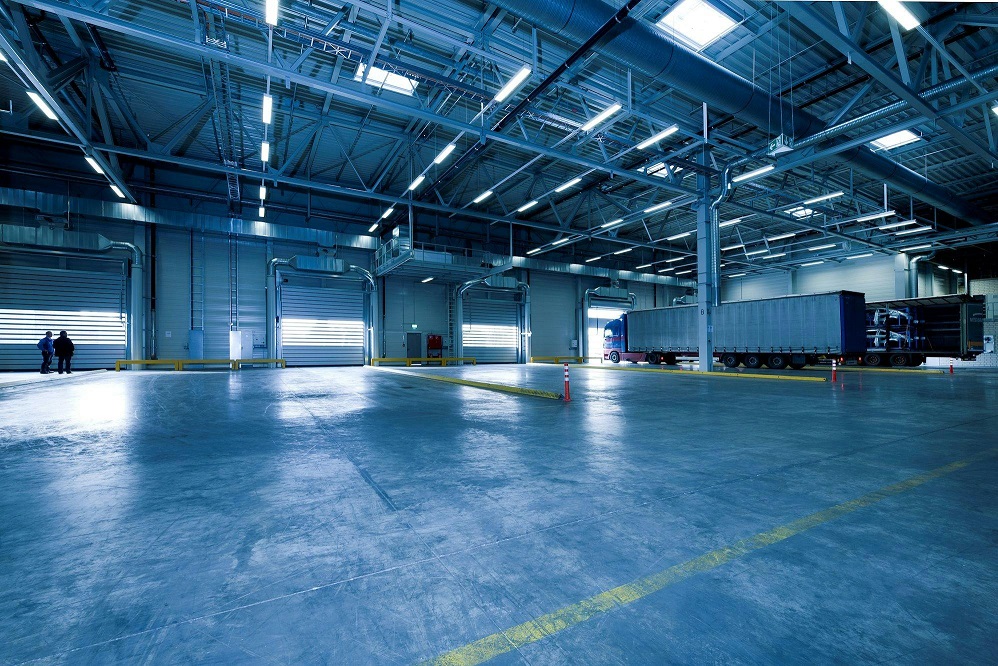Hosting an event is an exciting venture, whether it’s a corporate conference, a wedding, or a music festival. However, behind every successful event lies meticulous planning and flawless execution of logistics. Event logistics encompass a wide array of tasks and considerations, all aimed at ensuring that everything runs smoothly on the big day. In this blog post, we’ll delve into the essential components of event logistics and how they contribute to the seamless execution of any event.
Pre-Event Planning:
Before the event day arrives, extensive planning is required to set the stage for success. This phase involves defining the event objectives, establishing a budget, securing the venue, and creating a detailed timeline. Additionally, event planners need to consider factors such as transportation, accommodations and permits if the event is outdoors or involves specific regulations.
Venue Selection and Setup:
Selecting the venue is pivotal in shaping both the ambiance and logistical aspects of an event. Considerations like capacity, accessibility, amenities, and layout necessitate thorough assessment. Following venue selection, detailed planning is dedicated to configuring the space to meet the event’s specifications.
This involves organizing seating, staging, lighting, audiovisual equipment, signage, and decorations meticulously to craft the desired atmosphere. Additionally, if heavy transport is required for equipment or decor, it must be coordinated seamlessly to ensure smooth logistics.
Transportation and Parking:
Ensuring smooth transportation for attendees is essential, especially for larger events. Coordinating shuttle services, arranging for parking facilities, and providing clear directions to the venue help minimize logistical challenges and ensure a positive experience for guests. For events with VIP attendees or speakers, special transportation arrangements may be necessary to accommodate their needs.
Vendor Management:
Events often rely on various vendors for services such as catering, audiovisual support, security, and rentals. Depending on the nature of the event, you may also need specialized services like a wedding or Bar Mitzvah Videographer to capture the beauty of the special day. Effective vendor management involves selecting reliable vendors, negotiating contracts, and coordinating their activities to align with the event schedule. Clear communication and regular updates are key to ensuring that vendors understand their roles and responsibilities.
Technology and Communication:
Leveraging technology can streamline event logistics and enhance the overall experience for attendees. Event Planning Software, mobile apps, and communication tools facilitate registration, ticketing, attendee engagement, and real-time updates. Additionally, robust communication channels ensure seamless coordination among event organizers, staff, vendors, and attendees, reducing the risk of misunderstandings or delays.
Staffing and Volunteer Coordination:
Adequate staffing is essential for executing event logistics effectively. Event organizers must recruit and train a competent team of staff and volunteers to handle various tasks such as registration, crowd control, technical support, and guest assistance. Assigning clear roles and responsibilities, providing proper training, and maintaining open lines of communication are crucial for ensuring that everyone is aligned and capable of delivering top-notch service.
Emergency Preparedness:
Despite meticulous planning, unexpected challenges can arise during events. Having a comprehensive emergency plan in place is vital for addressing unforeseen circumstances such as medical emergencies, severe weather, or technical failures. This plan should outline protocols for evacuations, medical assistance, communication with authorities, and contingency measures to minimize disruptions and ensure the safety of attendees and staff.
Post-Event Evaluation:
Once the event concludes, it’s essential to conduct a thorough evaluation to assess its success and identify areas for improvement. Gathering feedback from attendees, vendors, and staff provides valuable insights into what worked well and what could be enhanced in future events. Analyzing key metrics such as attendance, revenue, and participant satisfaction helps event planners refine their strategies and deliver even better experiences in the future.
In Conclusion
Event logistics are the backbone of any successful event, encompassing a multitude of tasks and considerations that must be meticulously planned and executed. From pre-event preparations to post-event evaluations, every step plays a critical role in ensuring a seamless and memorable experience for attendees. By focusing on the essential components outlined in this blog post, event planners can navigate logistical challenges with confidence and deliver exceptional events that leave a lasting impression.






